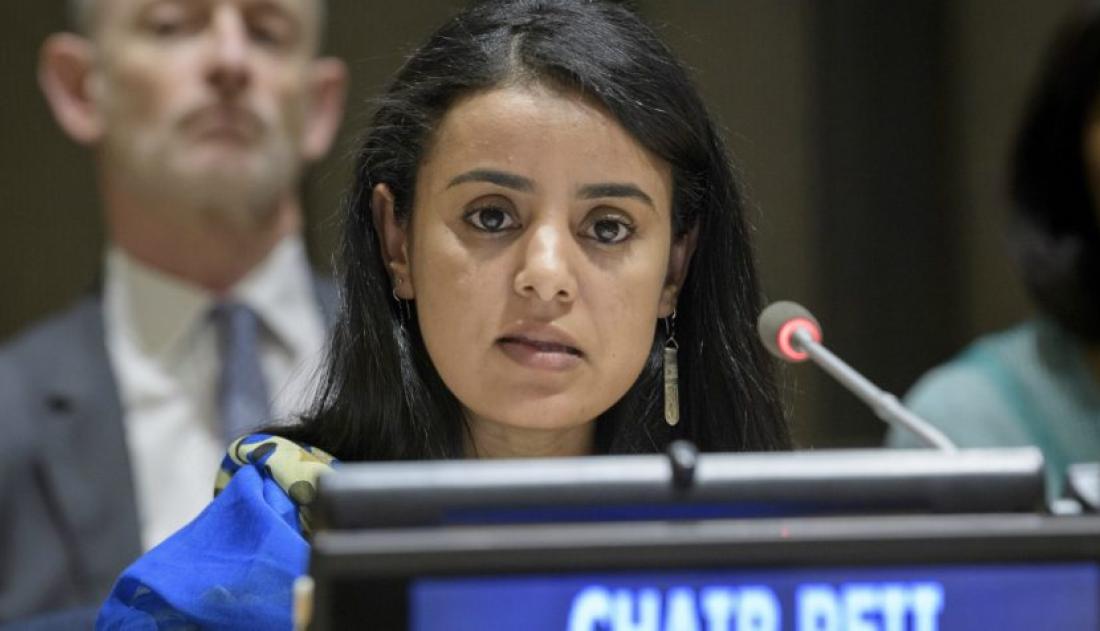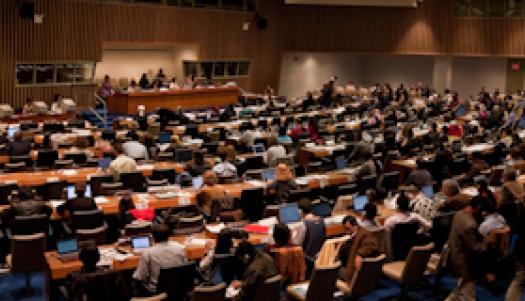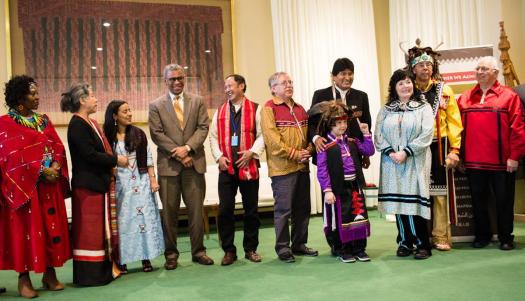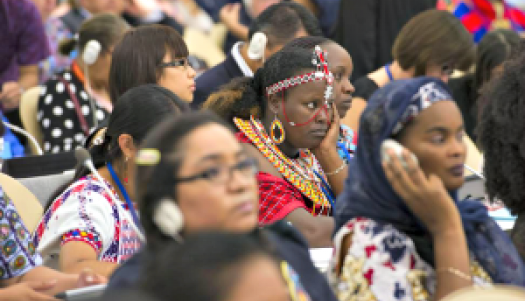
Eleven years ago, today, the UN General Assembly adopted the UN Declaration on the Rights of Indigenous Peoples in 2007. It sets the minimum standards and embodies global consensus on the rights of Indigenous Peoples.
The adoption of the Declaration marked the culmination of decades of struggles of Indigenous Peoples for a universal framework for the survival, dignity and well-being of the Indigenous Peoples of the world.
For the first time in UN history, Indigenous Peoples and Member States worked alongside to draft the Declaration. This collaboration has become an established practice and captures the principle of nothing about us without us, which remains important to achieve the ends of the Declaration.
Since the adoption of the Declaration, there has been progress at the international, regional and national levels for achieving the rights of Indigenous Peoples, with some Member States incorporating the Declaration into national law. However, progress is uneven, and varies within and among countries and regions.
We still have a long way to go to effectively realize of the rights of Indigenous Peoples across the world.
Unfortunately, some Member States continue to deny recognition of Indigenous Peoples and their rights, including to their lands, territories and resources and to self-determination.
Indigenous Peoples generally have lower standards of well-being than non-Indigenous populations. Many of them have been displaced or had to migrate from their traditional territories while some are divided by national borders.
Indigenous communities and nations have collectively mobilized to defend their rights. Indigenous leaders and human rights defenders have had to make great sacrifices, with many losing their lives. Indigenous women have often been at the frontlines and been targeted for playing a central role in their peoples’ struggles.
In 2014, at the World Conference on Indigenous Peoples, Member States reaffirmed their support for and committed to undertake concrete actions to implement the Declaration.
The 2030 Agenda for Sustainable Development promises to leave no one behind, and to reach the furthest behind first. However, marginalization of Indigenous Peoples continues, often through actions and policies targeted at achieving the goals of the 2030 Agenda.
On this anniversary of the Declaration, I urge Member States, Indigenous Peoples, the UN system and partners to work together to translate the vision of the Declaration into concrete action.
Only then can we make a real difference for the survival, dignity and well-being of Indigenous Peoples.
Mariam Wallet M. Aboubakrine
Chairperson
United Nations Permanent Forum on Indigenous Issues
View the PDF version here.
 Welcome to the United Nations
Welcome to the United Nations


